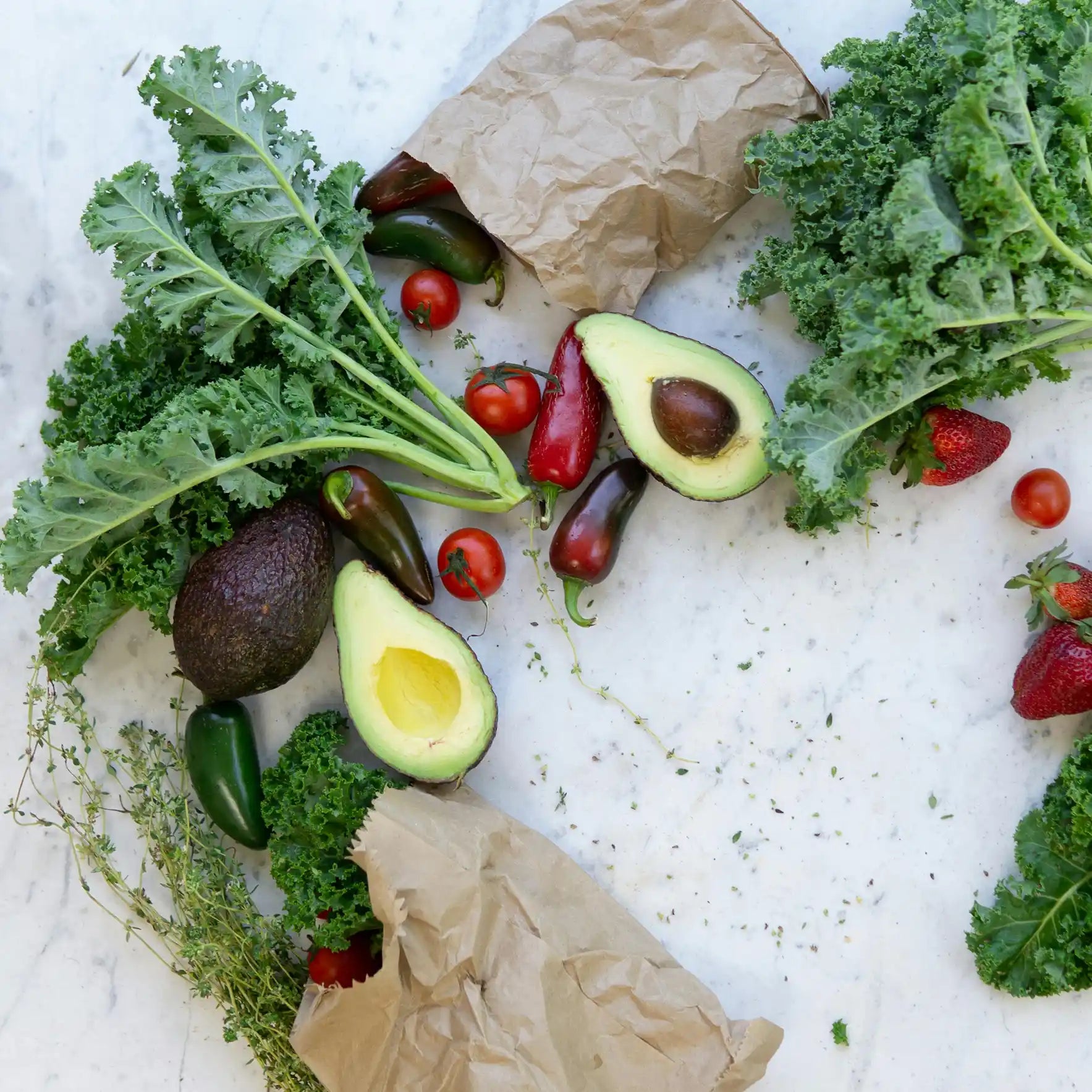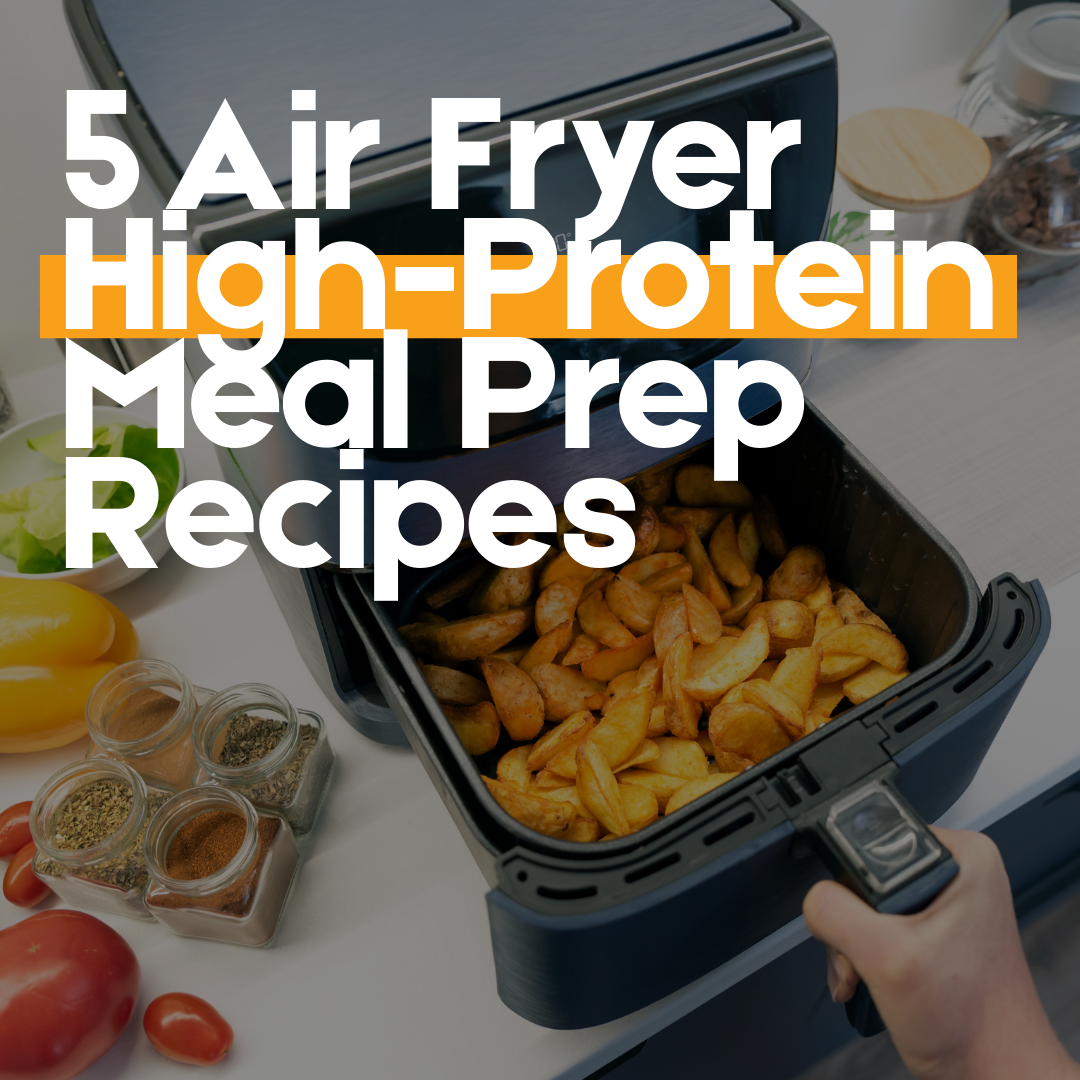What to Eat After a Morning Workout: Complete Guide to Recovery, Fat Loss & Energy Boost
If you train in the morning, your post-workout meal can make or break your progress. Whether you want to burn fat, gain muscle, or just feel energized all day, giving your body the right nutrients after exercise is crucial.
In this guide, we’ll break down the science of post-workout nutrition, the best foods for recovery, sample meal ideas, and how to tweak your approach depending on your goals.
Why Post-Workout Nutrition Is So Important
When you exercise, your body goes through several changes:
-
Glycogen depletion: Your body uses stored carbs (glycogen) for energy.
-
Muscle breakdown: Training causes microtears in muscle fibers that need protein to repair.
-
Hormonal shifts: Cortisol rises during workouts, but post-workout nutrition can help bring it back down.
Getting the right nutrients after training can:
-
Refill glycogen stores for energy (source)
-
Promote muscle repair and growth through protein (source)
-
Reduce muscle soreness and inflammation (source)
The Post-Workout Nutrition Formula
A balanced post-morning workout meal should include:
1. Protein (20–40g)
Why: Repairs muscle, reduces soreness, and supports strength gains.
Examples:
-
Eggs & egg whites
-
Greek yogurt (higher protein brands like Fage or Chobani)
-
Whey or plant-based protein powder
-
Cottage cheese
-
Lean chicken or turkey breast
📖 Best protein sources for muscle recovery
2. Carbohydrates (30–60g)
Why: Replenish glycogen stores for sustained energy. The earlier in the day, the more your body is primed to use carbs efficiently.
Examples:
-
Oatmeal topped with banana or berries
-
Sweet potatoes
-
Whole-grain bread or toast
-
Brown rice
-
Quinoa
📖 Carbohydrate timing explained
3. Healthy Fats (5–15g)
Why: Supports hormone production and keeps you feeling full longer.
Examples:
-
Avocado slices
-
Nut butters (almond, peanut, cashew)
-
Chia or flax seeds
-
Olive oil drizzle on eggs or toast
📖 The role of healthy fats in nutrition
4. Micronutrients & Antioxidants
Why: Help reduce inflammation and support immune health after intense training.
Examples:
-
Dark leafy greens (spinach, kale)
-
Berries (blueberries, raspberries, strawberries)
-
Citrus fruits (oranges, kiwi)
-
Colorful vegetables (bell peppers, carrots)
Sample Post-Morning Workout Meals
Muscle Gain Focus:
-
3 scrambled eggs + spinach + avocado + 1 slice whole-grain toast + berries
-
Protein shake with banana + oats + peanut butter
Fat Loss Focus:
-
Greek yogurt + blueberries + chia seeds + drizzle of honey
-
Omelet with 3 egg whites + 1 whole egg + spinach + tomato + salsa
On-the-Go Option:
-
Ready-to-drink protein shake + banana
-
Overnight oats with protein powder + almond milk + strawberries
Timing: When to Eat After a Morning Workout
The “anabolic window” — the idea that you must eat within 30 minutes of training — has been debated. Recent research shows the window is longer than we once thought (source).
However, if you work out fasted, it’s best to eat within 30–60 minutes to support recovery and prevent excessive muscle breakdown.
Hydration & Electrolytes
Hydration after morning workouts is often overlooked. Even mild dehydration can slow recovery and cause fatigue.
-
Drink 16–24 oz of water after training
-
If you sweat heavily, add electrolytes (low-sugar sports drink or electrolyte powder)
📖 How hydration impacts exercise performance
Post-Workout Nutrition for Different Goals
If Your Goal Is Fat Loss:
-
Keep carbs moderate, focusing on vegetables and small portions of whole grains.
-
Avoid high-sugar processed foods to prevent insulin spikes.
If Your Goal Is Muscle Gain:
-
Increase carbs post-workout to replenish glycogen and support protein synthesis.
-
Include more calorie-dense healthy fats if you’re struggling to gain weight.
If You Train Twice a Day:
-
Your post-workout meal should prioritize fast-digesting carbs like white rice or fruit to quickly replenish energy before the next session.
✅ Key Takeaway:
After a morning workout, combine protein, carbs, healthy fats, and micronutrients to optimize recovery, energy, and performance. Adjust your portions based on your fitness goal — and don’t forget to hydrate.


